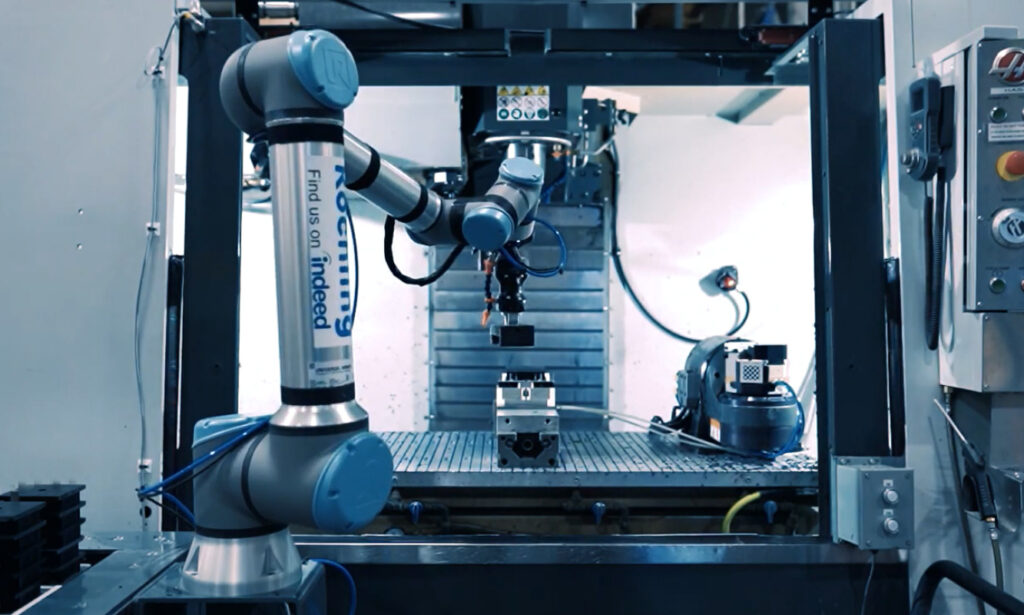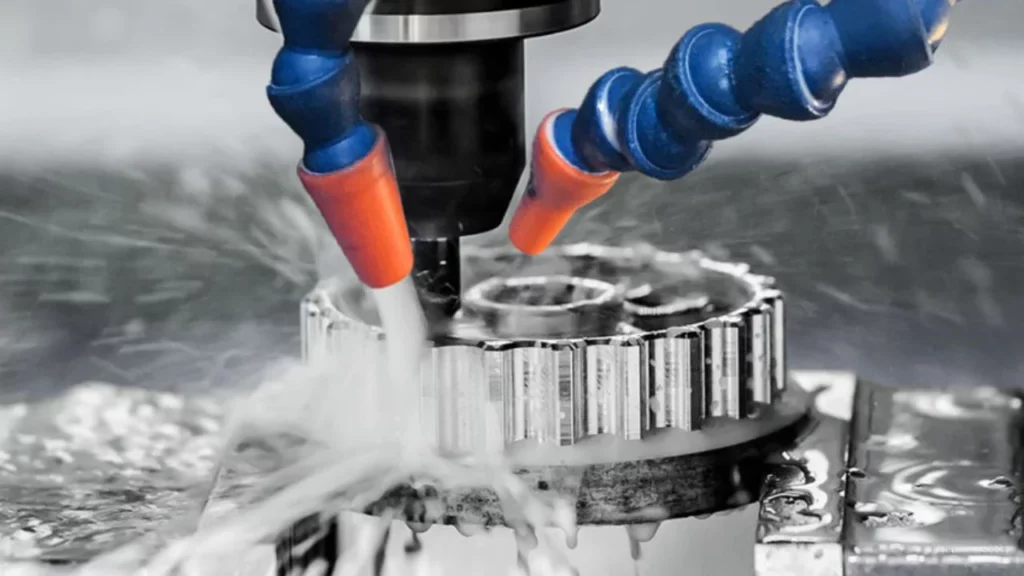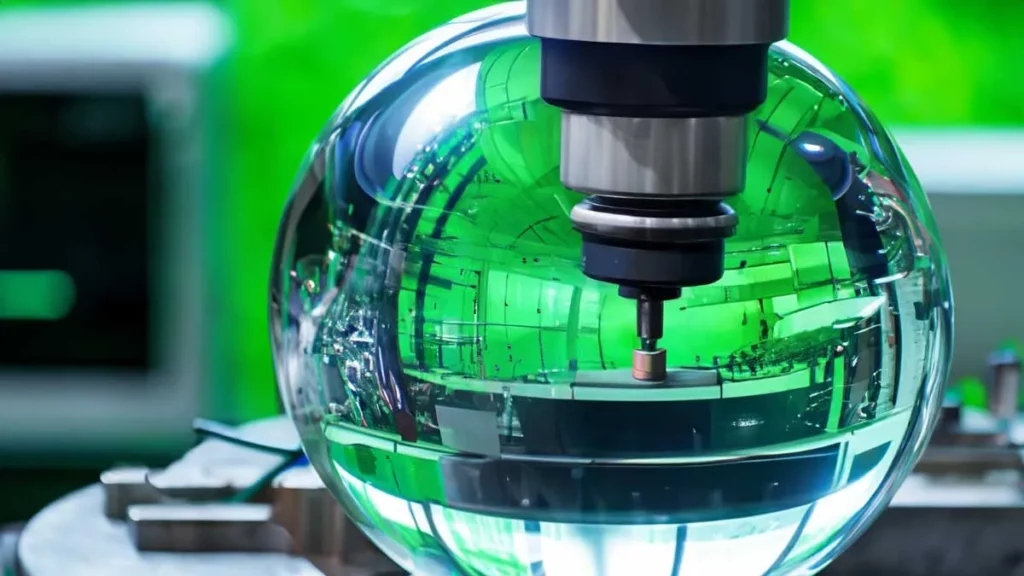Precision engineering is at the forefront of modern manufacturing, driving advancements in industries such as aerospace, medical, and automotive. With the rapid development of technology, the future of precision engineering looks more promising than ever. At Aeron Engineering, we specialise in high-precision manufacturing services, including CNC Turning, CNC Milling, CNC Screw Machining, Multi-Axis Machining, Precision Engineering, and Production Machining. As a Scottish company, we are proud to contribute to Scotland’s rich heritage of engineering excellence. Here’s a look at the trends and innovations shaping the future of this dynamic field.
1. Automation and Smart Manufacturing
The integration of automation and artificial intelligence (AI) is revolutionising precision engineering. Smart CNC machines equipped with AI-driven monitoring systems can predict tool wear, adjust machining parameters in real time, and enhance production efficiency. This leads to reduced downtime, increased productivity, and improved component quality.

2. Additive Manufacturing (3D Printing)
Additive manufacturing, particularly in metal 3D printing, is expanding the possibilities of precision engineering. By combining traditional CNC machining with 3D printing, manufacturers can create complex geometries that were previously impossible, leading to lighter, stronger, and more efficient components.

3. Advanced Materials
The future will see an increased demand for high-performance materials such as carbon composites, titanium alloys, and ceramics. These materials offer superior strength-to-weight ratios and durability, making them ideal for critical applications in aerospace and medical industries.
4. Multi-Axis Machining for Complex Parts
Multi-Axis Machining is becoming a necessity for industries requiring highly intricate components. With 5-axis and even 7-axis CNC machines, manufacturers can produce parts with fewer setups, reducing errors and improving precision. This is particularly beneficial for the automotive and aerospace sectors, where tight tolerances are essential.
5. Sustainable and Green Manufacturing
As sustainability becomes a priority, precision engineering is adapting by implementing eco-friendly machining processes. Coolant recycling, energy-efficient machines, and minimal waste production techniques are becoming standard practices, reducing the environmental impact of manufacturing.

6. Increased Use of IoT and Data Analytics
The Internet of Things (IoT) is playing a key role in modern machining. By connecting machines to a central data network, manufacturers can monitor performance in real-time, anticipate maintenance needs, and streamline operations. Data analytics helps identify inefficiencies and optimise production processes, ensuring maximum output with minimal resource consumption.
The Role of Aeron Engineering in the Future of Precision Engineering
At Aeron Engineering, we are committed to staying ahead of industry advancements. Our expertise in CNC Turning, CNC Milling, and Multi-Axis Machining ensures we provide cutting-edge solutions for our clients. As technology continues to evolve, we embrace innovation to deliver high-quality, precision-engineered components that meet the demands of the future. As a Scottish precision engineering firm, we are dedicated to supporting the growth of manufacturing in Scotland and beyond.
Conclusion
The future of precision engineering is driven by automation, advanced materials, multi-axis machining, and sustainable practices. By staying at the forefront of these innovations, manufacturers like Aeron Engineering continue to push the boundaries of what’s possible.
To learn more about our precision engineering services in Scotland, visit our contact us today!